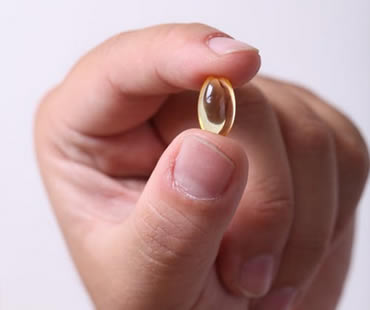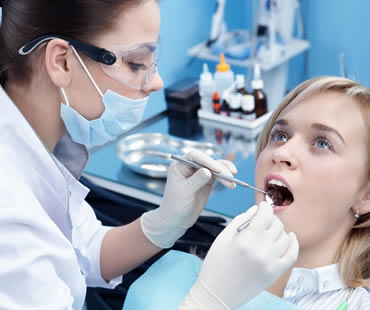Finding the right dentist is an important decision because it’s a healthcare relationship that can last a lifetime. The need for dental care starts around age one and continues through senior adulthood. For routine dental care, you might choose to see a family dentist or a general dentist. Although there are some similarities, the two types of dentists have some unique aspects.
Services:
Both types of dentists offer routine services that are common to oral health care. This includes examinations, cleanings, x-rays, and fluoride treatments. Instructing patients about dental hygiene such as proper brushing and flossing is part of most family and general dentistry practices as well. Poor oral care can cause decay, infections, gum disease, or other problems. Both types of dentists also offer treatment for when problems arise, such as dental fillings.
Patients:
General dentists often cater to patients in a certain age range, but family dentists provide treatment for patients of all ages. Infants, children, adolescents, adults, and seniors are all able to seek oral health care from a family dentist. Each age group has unique needs and issues, but family dentists are skilled in caring for everyone.
Specializations:
Since they see all ages of patients, family dentists are skilled in a wide variety of procedures. They are able to diagnose and treat many oral health conditions, including gum disease and oral cancer. Typical procedures they offer include tooth extractions, root canals, fillings, crowns, bridges, and sealants. Some are able to perform specialty services like implants and veneers. Many patients enjoy being able to obtain treatment from their family dentist without having to see a specialist.
Benefits:
In addition to the benefit of getting a variety of treatments in one location, family dentists are also able to provide ongoing treatment for all household members. Children and parents go to the same location and can even request back-to-back appointments. Everyone learns the same dental care techniques that they can practice at home together. Family dentists encourage every member of the family to take pride in their oral health.
Schedule your appointment at our Weymouth dental office















